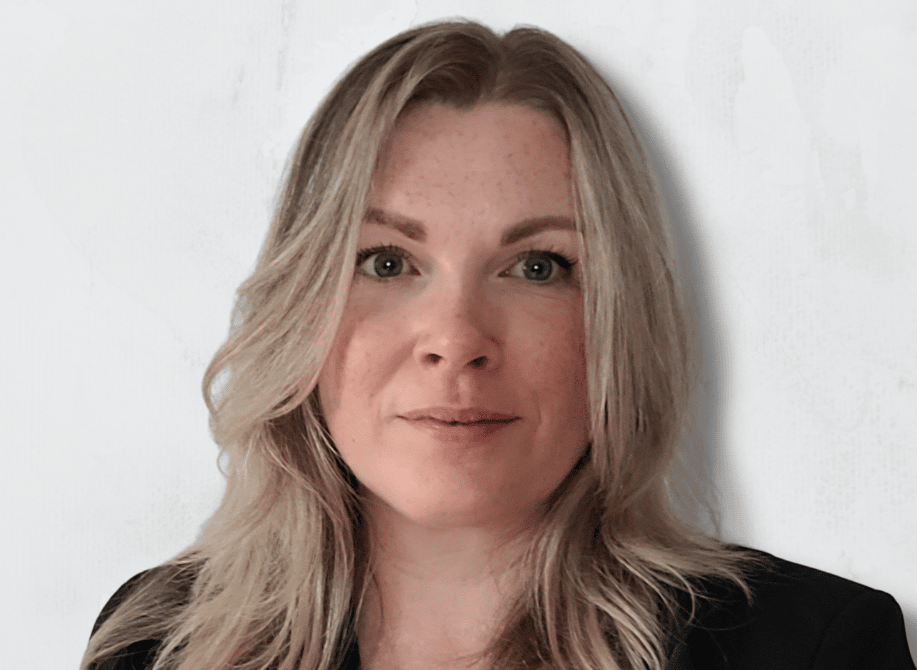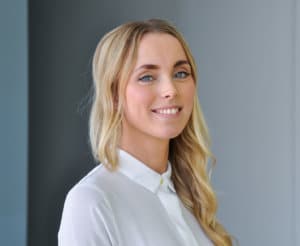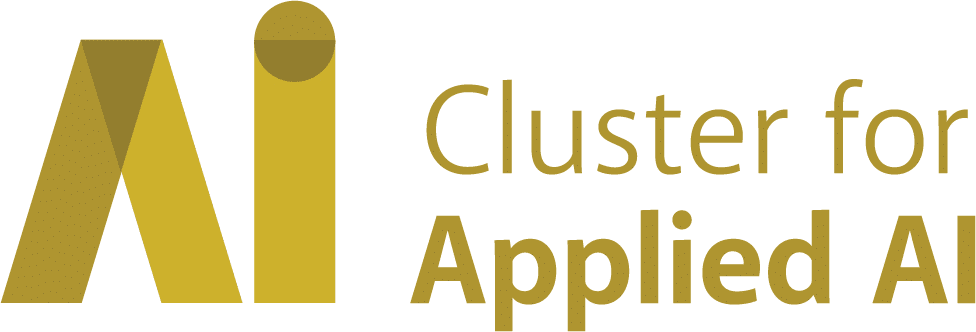
- Women make up about 50% of the population in Norway. Yet there are few women in AI-related professions. Why is that? And what effect will it have on the future of AI?
The questions are posed by Claire Blackett. She is a senior researcher at the Human and Automation Department at the Institute for Energy Technology (IFE), one of the partners in the new project "Women in AI".
She hopes to get some of the answers in the months leading up to Christmas, when IFE, together with Inspiria Science Center and the Cluster for Applied AI at Smart Innovation Norway, will work on mapping how to increase the number of women involved in the development and use of artificial intelligence (AI).
Clear need for increased focus on women
The need for the 'Women in AI' project is clear. AI is referred to as one of the most important technologies since electricity. Yet today, there are a number of examples of AI technology that unintentionally have female bias, i.e. the technology is affected by systematic biases or errors.
How we address gender and bias in the data, training and use of AI will be crucial to the impact the technology will have on society. It is clear that a concerted effort is essential, and the three key actors have joined forces to increase the share of women in AI.
The aim is to achieve a more competitive business environment and strengthen the conditions for ethical development and use of artificial intelligence by facilitating increased female participation in AI-related industries.
- There are already clear signs that a lack of diversity in the development of AI is resulting in clear gender differences, and this can lead to unequal treatment in AI. In order to develop appropriate AI products and services, we need to ensure that women are well represented in AI-related professions," Blackett notes.
Important to promote women in AI
A practical example of female bias affecting AI is that some virtual assistants work better on men than on women. That's because they are trained on male voices.
Another example is when, in 2017, Google launched a vector-based AI system in text analytics that believed that the answer to the equation 'computer programmer - man + woman' was 'homemaker'. And that "doctor - man + woman" was "housewife".
These examples are not only because our long history of gender discrimination and under-representation of women in several contexts is reflected in our data. It is also because the majority of developers are men.
In Norway today, only 13% of developers are women. There are good reasons to believe that old biases in data will continue to haunt women and other marginalized groups for a very long time if we are not conscious of how we deal with bias.
Women an underused resource?
Marianne Jansson Bjerkman, head of the Cluster for Applied AI at Smart Innovation Norway, points out the importance of gender balance in roles related to the development and use of AI.

- Increasing the proportion of women to achieve greater diversity will help ensure better, safer and more attractive products and decisions. "Having a more even gender balance increases the chance of identifying possible physiological differences between men and women that may affect the use and safety of a product, as well as identifying different social norms and pressures experienced by men and women," she says.
- Furthermore, the IT industry in general has a huge need for more smart minds, and women are apparently an underutilized resource in this context," Bjerkman stresses.
In recent years, there has been a huge effort to encourage young women to study computer science at college and university level. IFE's Blackett says that now society needs to follow up and recruit these highly educated women into AI-related jobs.
- By incorporating these women into the workforce, we are supporting a better, safer and more ethical development of AI that benefits society as a whole," concludes Claire Blackett.
The project "Women in AI" invites you to a workshop on November 16 at Inspiria Science Center in Sarpsborg. The workshop will examine the barriers and opportunities that businesses see in recruiting women to AI-related positions.
The project is funded by Viken County Council.
